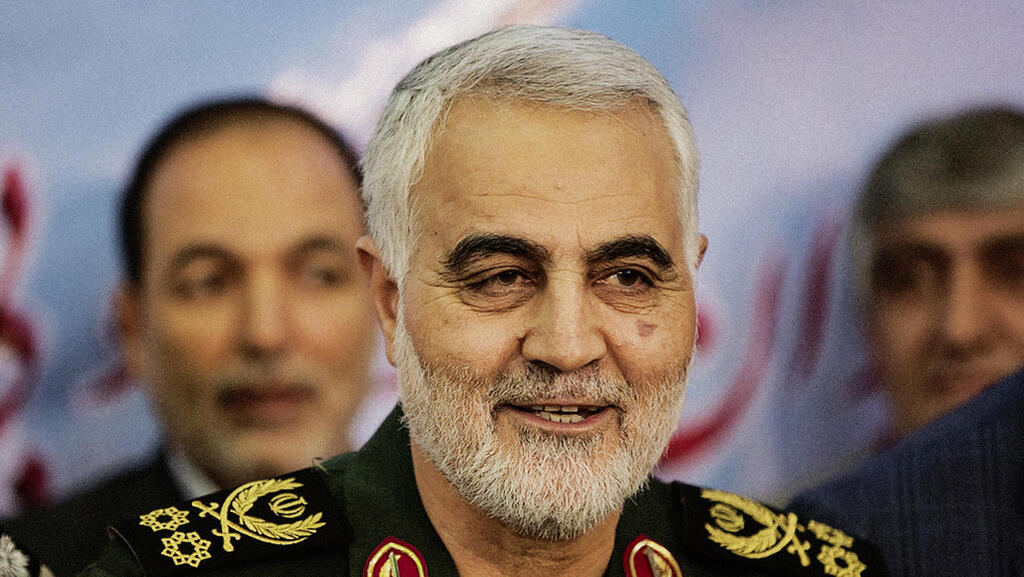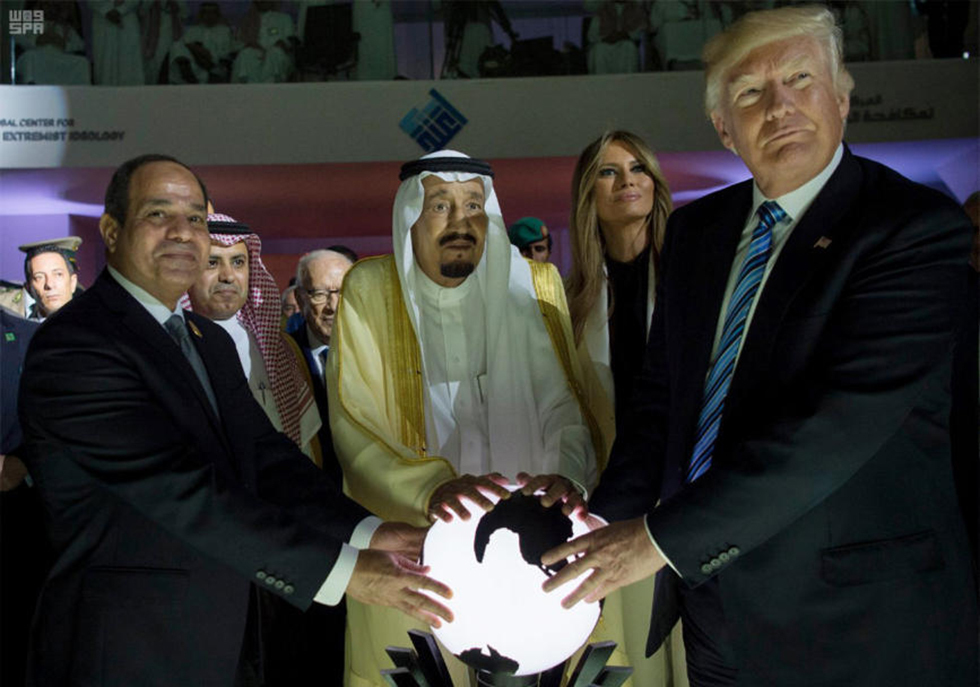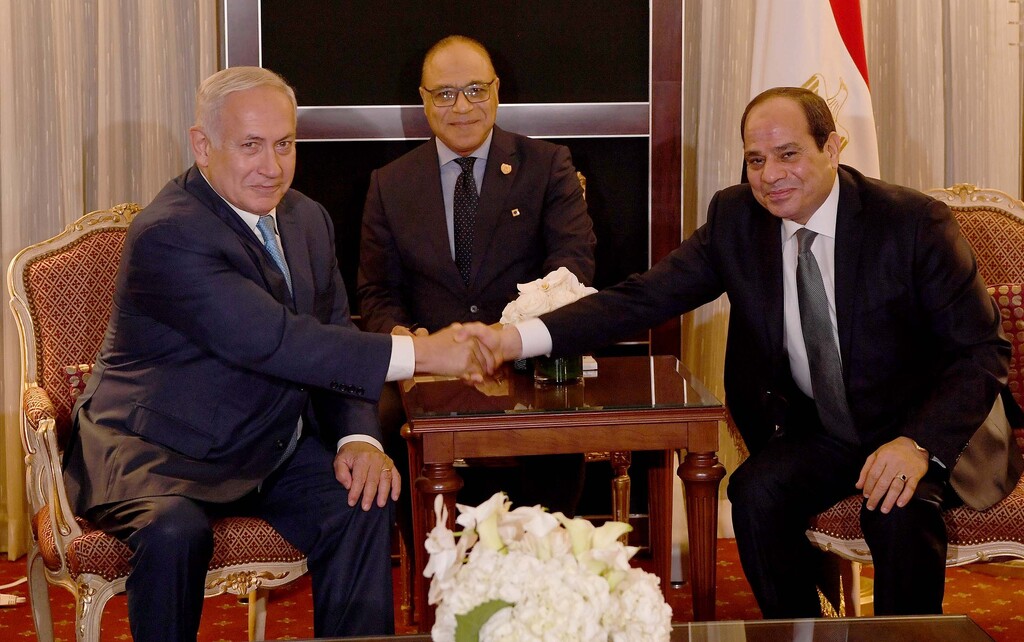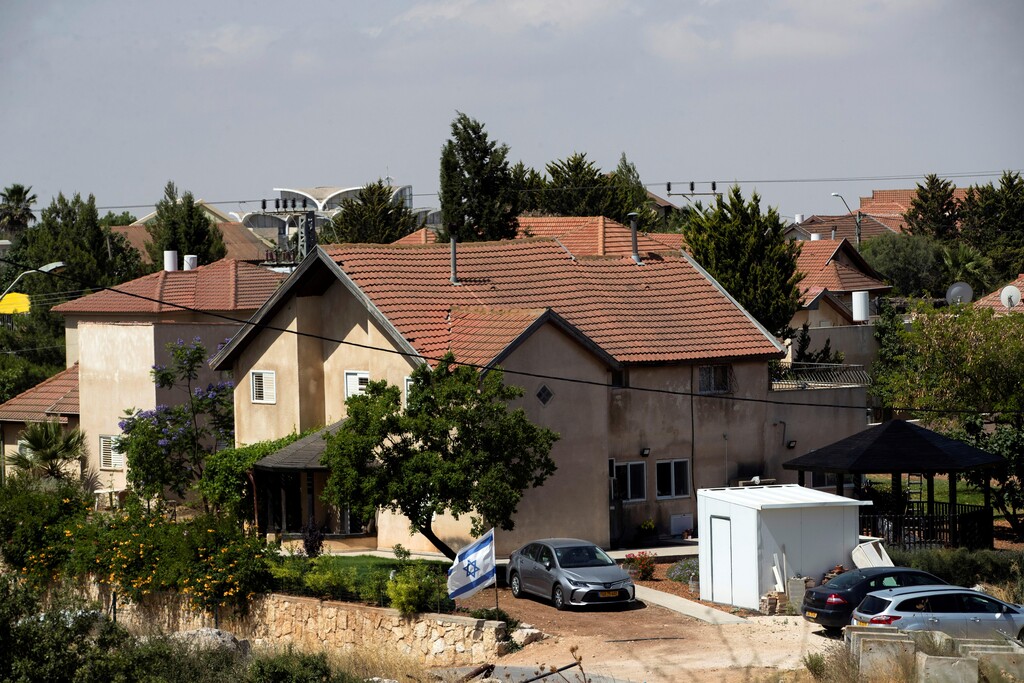History is written by the victors and in the United States it is re-written every four or eight years.
Until just a few months ago, Donald Trump was perceived by many in the Middle East as the president who weakened Iran, eliminated Iran's top military commander, the regional scourge Qasem Soleimani, forged peace agreements between Israel and the UAE, Bahrain, Morocco and Sudan, and elevated Israel's position to that of power broker for any Arab country wishing to improve ties with Washington.
4 View gallery


Iranian general Qasem Soleimani was killed in a U.S. drone strike in Baghdad in January 2020
(Photo: MCT)
But history is already being re-written. Iran, by increasing its uranium production to 20%, is dictating a narrative that states that Trump's withdrawal from the 2015 nuclear agreement was an historic mistake that must be reversed in order to prevent the Islamic Republic from obtaining nuclear capability. Now that mistake must be corrected.
The close relations with the Trump administration, seen previously as a blessing, are now regarded as a curse.
Israel is bring mentioned in the same breath with Saudi Arabia and UAE - both countries perceived as corrupt or soft on corruption. And that is not good company to be in.
4 View gallery


L-R: Egyptian President Abdel Fattah el-Sissi, Saudi King Salman bin Abdulaziz Al Saud and U.S. President Donald Trump at the Global Center for Combating Extremist Ideology in Riyadh, May 2017
(Photo: AP / Saudi Press Agency)
Some Arab governments may find a much cooler reception in Washington under the new American leadership because of their poor record on dealing with political opponents and for their conduct in the war in Yemen. This means the new friendships forged during the previous administration will be tested.
Israel has its own priorities when it comes to Iran, first and foremost its nuclear program, while the Arab states are more concerned with imminent dangers such as the Islamic Republic's missile capabilities.
Could an Israeli–Arab coalition be forged that will present mutually agreed positions and red lines to the Americans? It is doubtful.
Israel, despite being delighted with the newly signed agreements in the region, is not keen on supplying its new friends with gratis lobbying services in Washington. They can look after themselves and there can be no advantage to Jerusalem being painted with the same brush as controversial regimes.
If Israel does insist on providing such services to its new partners, it should at least demand a unified message on Iran in return.
The Arab leaders, meanwhile, are eager for that coveted photo op with the new American president.
Egypt on Wednesday renewed diplomatic ties with Qatar that were severed in 2017 after a coalition of Sunni states accused Doha of cooperation with Iran.
4 View gallery


Prime Minister Benjamin Netanyahu and Egyptian President Abdel Fattah el-Sissi meeting in New York, Sept. 2018
(Photo: GPO)
Saudi Arabia is exploring ways to be of service in the Syrian conflict, and Jordan, which is better positioned than most, is eager to advance Israeli-Palestinian negotiations.
The Palestinians for their part, aside from their glee over the end of the Trump era, doubt that Biden can deliver a better result for them.
Palestinian President Mahmoud Abbas is determined to become an important player in the new political reality in the region, but not to the extent that he is willing to make good on his promise to hold elections next spring.
Though the U.S. advocates for Palestinians elections to take place, Abbas is happy to make do with merely talking about them.
4 View gallery


An Israeli flag flutters near houses in the West Bank settlement of Otniel
(Photo: Reuters)
In Israel, politicians are bidding Trump farewell in emotional Twitter posts and in classic Israeli form are also presenting Biden with a welcome gift of more settlement construction.
Many of them think their decision to build thousands of housing units in Jerusalem and the West Bank is a non-issue, barely an inconvenience.
Although both Netanyahu and his defense minister and coalition partner Benny Gantz had months to advance any plans to build in East Jerusalem and the settlements, they opted to light a fire and create a crisis just as the new president moved into the White House.
And now we are back in the new-old world of condemnations of Israel.

